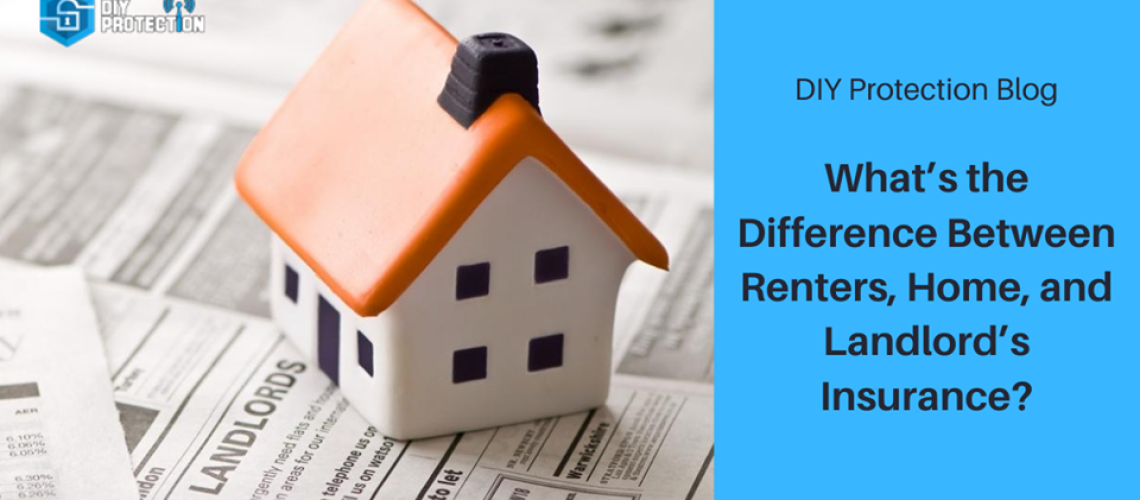Homeowners sometimes need help paying the mortgage. They decide to rent out the basement or loft. Sometimes they rent a bedroom in the house to someone in need of a place to live. Homeowners with homeowner insurance then become landlords. Homeowners, landlords, and tenants all need separate insurance policies. Here’s why.
Renter’s, Homeowner’s, and Landlord’s Insurance
Homeowner insurance covers the structure, any outbuildings, and the contents of the structure. A liability clause covers anyone injured in the structure or on the property. Damages from fire, theft, and storms also fall under coverage.
Homeowner Insurance
Homeowners renting out their basement, loft, or a bedroom must have a separate policy in addition to their homeowner insurance. Homeowners should check with their insurance carrier first before renting out their free space. Insurance companies have certain restrictions regarding tenants of which homeowners might not be aware.
Landlord Insurance
Landlord policies cover much the same as homeowner policies – the structure, outbuildings, and homeowner contents, but not the renter’s possessions. A liability clause also protects against injury. Also included will be a loss of income if the tenant causes damage to the structure. If the tenant forgot something in the oven and the place caught fire, the landlord policy would cover the damages to the homeowner’s house and belongings.
Renter (or Tenant) Insurance
There’s a marked difference between renters and home insurance, although renters insurance offers many similar protections as home insurance has. Tenant insurance policies are usually for one million dollars in the event the tenant is sued for damages to the home or injury.
Other Differences To Keep In Mind
When a structure becomes unlivable, insurance companies generally provide additional living expenses until resolved. This covers temporary living space while your room, apartment, or basement undergo repairs. Meals and moving expenses are covered as well.
Contents coverage is also part of the renter’s policy. Only the tenant’s possessions receive protection under a renter’s policy. Tenants might not think their things are very valuable but may feel differently if they have to replace everything all at once. Tenants should keep a detailed inventory of their possessions for the insurance people.
If something happened to the structure to make it unlivable and it wasn’t anyone’s fault, the tenant’s insurance would cover his belongings. The homeowner or landlord’s insurance would then cover the damages to the structure and the homeowner or landlord’s contents. Do be warned though, there are some kinds of structural damage that aren’t covered by insurance.
Tenants may be paid two ways following damage to the structure and renter’s belongings: cash value and replacement amount. An insurance adjuster will take a look at the damages. Then he’ll decide whether the possessions can be repaired or if they need replacement.
Renters insurance offers many similar protections as home insurance has. Many tenants think they don’t need insurance, but it’s a handy thing to have when disaster strikes.
No matter which category you fall under, you’re going to need some sort of security. Whether you choose door and window sensors, motion sensors, or more, we know you won’t be disappointed by the peace of mind a proper security system can provide. Read how we can get you set up as soon as possible!

